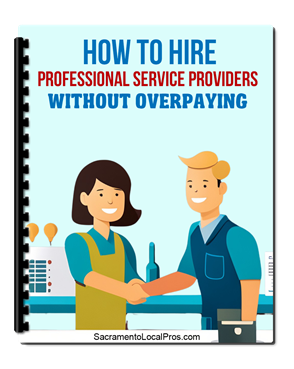Accounting is an integral part of any business, big or small. Accounting helps businesses keep track of their financial health, make informed financial decisions, and comply with legal and regulatory requirements.
However, accounting can be complicated, especially for businesses without a dedicated accounting team.
As a result, many businesses fall prey to common accounting pitfalls that can have serious consequences.
We'll look at seven of the most common accounting pitfalls businesses should avoid to ensure their financial health.
1)) Poor Record-Keeping
Poor record-keeping is a significant accounting pitfall that can have severe consequences.
If books are not kept up to date and accurately, it can lead to errors and discrepancies.
These errors can lead to incorrect financial statements and tax filings, which can result in fines and even legal action.
Make sure to keep accurate and up-to-date records of all financial transactions.
2)) Lack Of Financial Planning
Lack of financial planning is another common accounting pitfall that businesses should avoid.
Financial planning involves setting financial goals, creating budgets, and analyzing financial reports to make informed decisions.
Without proper financial planning, businesses may overspend, fail to allocate resources efficiently, or even face bankruptcy.
3)) Ignoring Tax Regulations
Failure to comply with tax regulations can have severe consequences for businesses.
Many businesses fall into this accounting pitfall, such as filing taxes late, inaccurate tax filing, or failing to file taxes altogether.
It is essential to stay updated on tax regulations, file taxes accurately and on time, and seek professional help if needed.
4)) Not Separating Business And Personal Expenses
One of the most significant accounting pitfalls for small business owners is not separating their business and personal expenses.
Mixing business and personal finances can lead to confusion and errors, difficulty in tracking expenses, and even legal issues.
Business owners should have separate bank accounts and credit cards for business and personal expenses.
5)) Overlooking Cash Flow Management
Cash flow management is crucial for businesses to ensure financial stability and solvency.
Many businesses overlook cash flow management, leading to severe financial issues such as debt, missed payroll, or even shutting down the business.
Businesses should have a plan to manage their cash flow effectively and monitor their cash inflows and outflows closely.
6)) Not Reconciling Accounts
Account reconciliation involves verifying and comparing financial records, such as bank statements, credit card statements, and financial statements.
Not reconciling accounts can lead to oversights, errors, discrepancies, and even fraud.
It is essential to reconcile accounts regularly to ensure the accuracy of financial records and prevent any potential issues.
7)) Failure To Review Financial Reports
Financial reports provide vital information about a business's financial health.
Many businesses fail to review financial reports regularly or do not understand the information presented.
It is crucial to review financial reports, such as the income statement and balance sheet, regularly to assess the business's financial health, identify potential issues, and make informed decisions.
Conclusion
Avoiding common accounting pitfalls is crucial for businesses to ensure their financial health and compliance with legal and regulatory requirements.
Poor record-keeping, lack of financial planning, ignoring tax regulations, mixing business and personal expenses, overlooking cash flow management, failure to reconcile accounts, and not reviewing financial reports are some of the most common accounting pitfalls businesses face.
Avoid these accounting pitfalls by staying updated on accounting best practices, seeking professional help if necessary, and investing in proper accounting systems and tools.
By avoiding these accounting pitfalls, businesses can achieve financial stability, compliance, and long-term success.
Download Our Free E-book!








